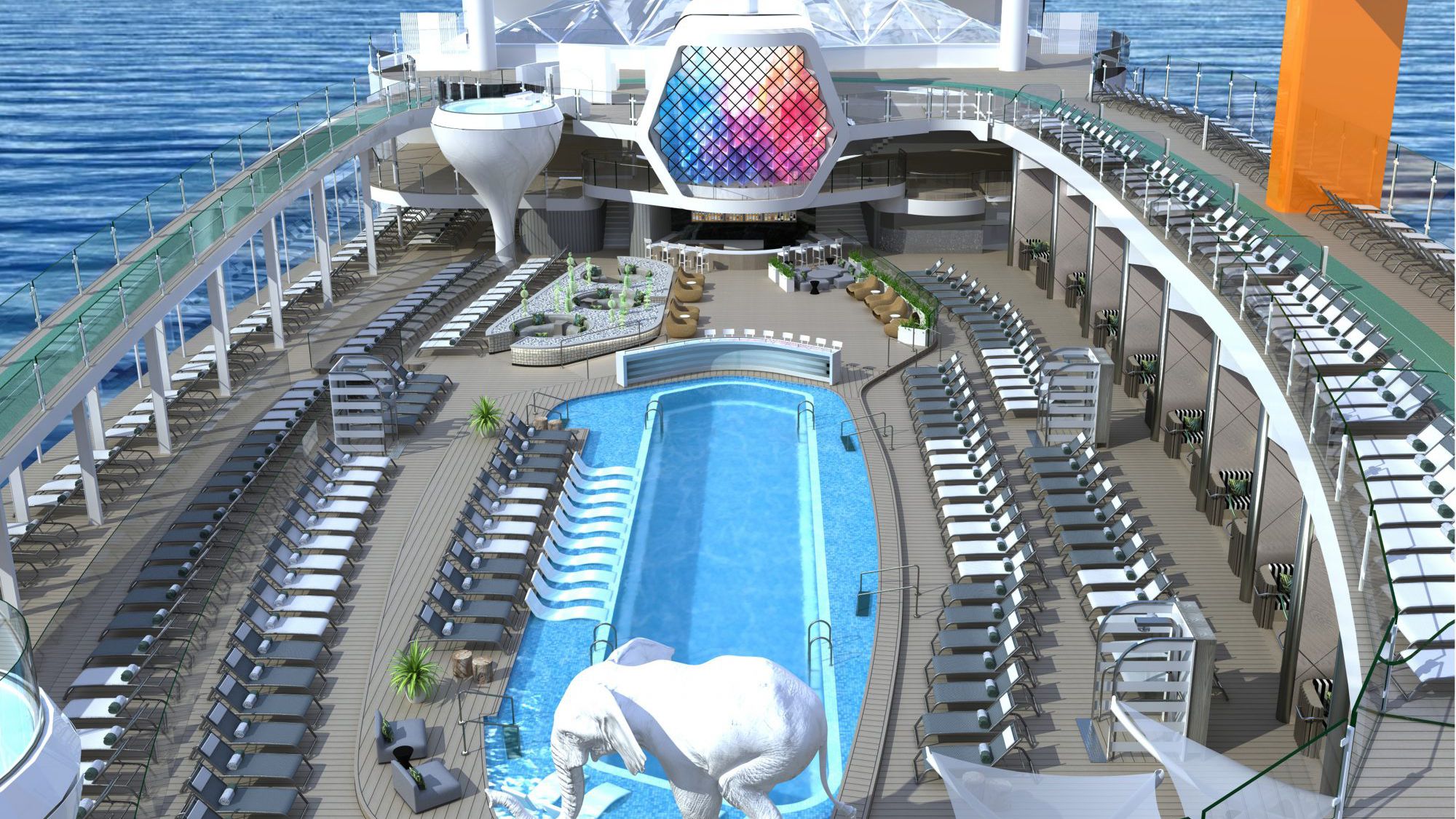
There are many positions available on a cruise vessel. Here is a list of what you can expect. This includes the pay, locations and responsibilities of each position. Some positions require multiple responsibilities. A port lecturer is one example of a popular position that has many duties.
Positions
A cruise ship could be the ideal place to start if you are interested in a career as an explorer. You can choose from a variety of jobs, most require certification or a degree. There are many jobs that require you to travel extensively and have hospitality experience.

Responsibilities
The duties of cruise staff include helping passengers book excursions and reservations, as well as providing passenger service. You will also need communication skills to allow you to interact with others. The staff might be responsible for ensuring all guests have positive experiences onboard, in addition to their duties around ship.
Locations
There are many opportunities for job on cruise ships. No matter what level of experience you are looking for, there is a job available on any cruise ship. You'll need to provide entertainment and meet the needs for your passengers while onboard. You might be required to clean cabins, serve food and do laundry. Other opportunities include learning new skills and programming in a computer program.
Pay
Cruise ship staff pay varies depending on the position they hold and what cruise line they work for. The average salary for a bartender on a luxury ship is $2,200 per month. Tips are also included. A cabin steward can make $650-$1,150 per month on a cruise ship that is less expensive. Although they don't make a lot of money, staff on cruise ships are flexible in their work hours and are often long-hours.

Social life
Crew members of cruise ships often form close social networks based upon their nationality and other commonalities. Some people are able form lasting friendships while others struggle to break away from the group. Regardless, cruise ship crews love to have fun and celebrate their accomplishments with each other.
FAQ
Book my cruise after or before I book my airfare.
It all depends where you are going. Generally speaking, it is better to book your cruise first because this gives you more flexibility in terms of dates. Plan your cruise around dates you know are best, such as if you plan to travel to Europe in summer. On the other hand, if you are going to Asia or South America, you might want to book your cruise later to avoid high season prices.
How do I choose the right cruise line?
It's simple to choose the right line of cruise. Decide what kind of cruise you want to take. You may want to take a small, intimate cruise with only a few people or if you prefer a larger cruise with lots of passengers. Then consider how much money you want to spend. You might be interested in cruises that include all-inclusive options if you are looking for something cheaper. This means you don't have any extra cost for meals, drinks or entertainment. If you are planning a family vacation, make sure that you select reputable cruise lines that offer great family programs.
Do I need to dress up when going on a cruise ship?
No, you don’t have to be dressed in formal wear or fancy attire. Just be comfortable and ready to relax.
Are there any other things I need to know before I go on a cruise?
Before you travel on your first cruise ship, there are several things you should know. First of all, remember that you will be traveling with other people. Do not be harsh about these people. You will never know how they feel about a situation. Remember that you'll be sharing meals and drinks with strangers. Dress appropriately. You should not wear tank tops or shorts on deck. Wear comfortable clothes that won't get dirty. You should be prepared for extreme temperatures. Make sure you pack plenty of sunscreens. In case you need to spend time outdoors, bring a hat. Last but not least, be responsible for your actions. Don't drink and drive!
Which place should I take on my cruise vacation?
You need to decide where you want go, if your goal is to visit different ports. This information can be used to narrow your search. You might choose a cruise that includes places such as Alaska and Bermuda, Canada, England. France. Greece. Italy. Spain. Turkey. If you are more into beaches and water sports, you might want an itinerary that includes destinations such as Jamaica, Aruba, Bahamas, Costa Rica, Panama, Hawaii, Tahiti, etc.
How much do I tip my Cruise Director
This is dependent on the cruise line. Some cruise directors are paid tips while others receive no tipping. It is best to ask your Cruise Director before you board the ship to find out if they expect tips. They will tell you if they expect tips.
Is a cruise all-inclusive on a ship?
The cruise ships do not offer all-inclusive meals as they do not provide any food for those with dietary restrictions. They do not offer room service, laundry or other amenities, such as spas, gyms, and pools.
Some cruise lines do offer "all-inclusive" deals that cover all aspects of the trip, including alcohol. These packages include airfare, hotel accommodations (accommodation), entertainment, and beverages.
Statistics
- *20% Gratuities Apply on Free Unlimited Open Bar; Free Specialty Dining. (ncl.com)
- You can save 15% off the total price if you book in advance of your trip. (travel.usnews.com)
- You'll need to budget around $80 per person per day for this option – and an additional 18% gratuity. (travel.usnews.com)
- For an example of savings, Royal Caribbean offers up to a 40% discount with a dining package. (travel.usnews.com)
External Links
How To
How to avoid seasickness on a cruise
The best way to avoid seasickness on a cruise is by wearing a hat. A wide-brimmed head hat can prevent motion sickness. It keeps the head still and helps keep it from moving.
Also, a hat helps keep water off your face, which reduces the humidity. This makes it easier for people who feel dizzy when they breathe in moist, humid air.
Drink plenty of fluids. Avoid alcohol or caffeine. These drinks dehydrate our bodies, which makes it difficult for fluid to move around in our stomachs. Consuming enough fluids can help lower the salt levels in your bloodstream. The body retains water due to salt, which can lead to nausea.
You may feel nauseated if you eat something salty. Salty foods make the stomach produce more hydrochloric Acid, which is helpful in breaking down food particles.
There are medication options available to help seasickness. Side effects of some medications include dry mouth, dry eyes, constipation and blurred vision.